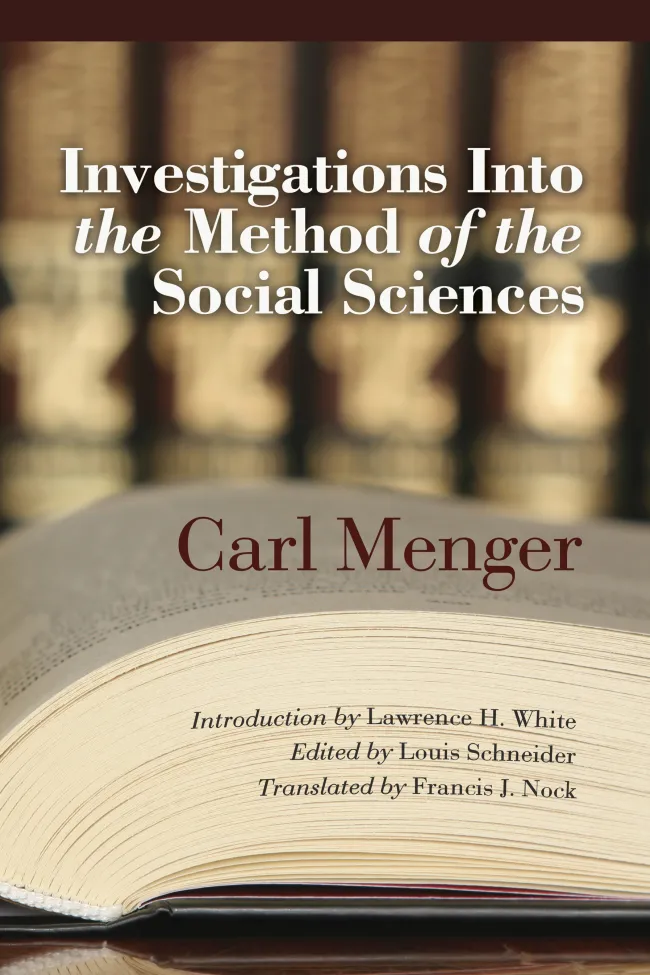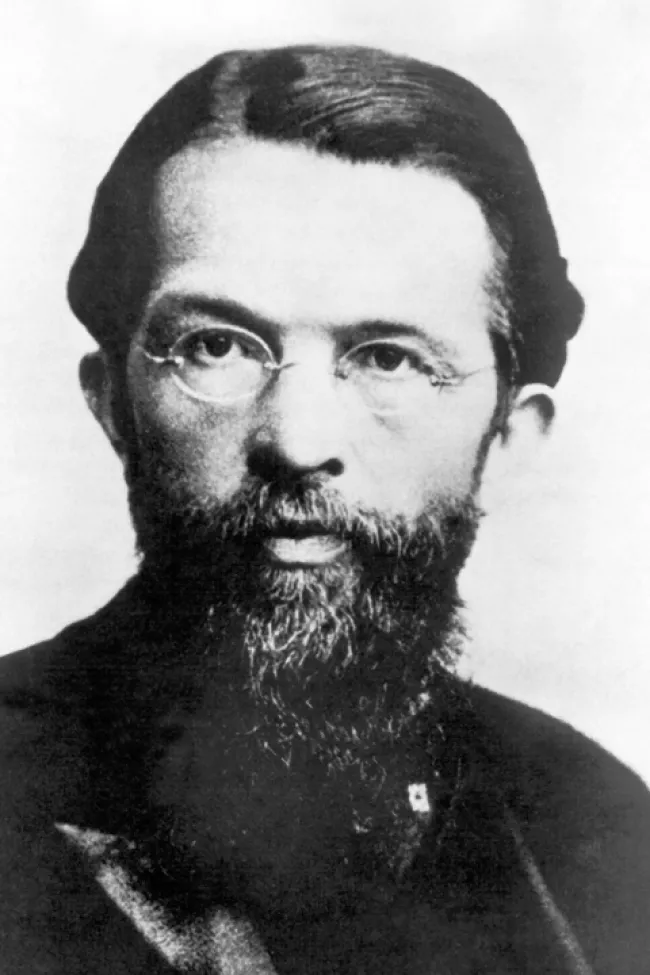- Downloads:
- Investigations into the Method of the Social Sciences_5.pdf
- Investigations into the Method of the Social Sciences_5.epub
The famed Methodenstreit of the late 19th century was the battle of method. It pitted the emerging Austrian School against the German Historical School over a critically important question: what is the proper way to do social science? Here, Carl Menger, the founder of the School, vindicates the importance of theory, and lays the foundation for later developments by Mises and others. The book was written twelve years after his principles book, and it sought to deal with the hostility with which that book was greeted in the German world. Menger argues that economics can and must be more than an effort at observing, collecting, and assembling data. It can make general observations about the laws of economics that operate independently of time and place.
Joseph Salerno writes: “The Investigations precipitated a furor among German economists who heatedly responded with derisive attacks on Menger and the Austrian School. In fact, this latter term was originated and applied by the German Historicists in order to emphasize the isolation of Menger and his followers from the mainstream of German economics.”
No Austrian can overlook this very important treatise on method. This edition includes an introduction by Lawrence White that frames up the debate over method in light of modern trends in economic theory.

No content found

Carl Menger founded the Austrian School of economics. Menger, along with Jevons and Walras, published a work in 1871 which revolutionized the way economists viewed value and price theory by introducing innovations in the theory of marginal utility. His work was profoundly influential in Europe, where it inspired the work of Ludwig von Mises and Friedrich Hayek.
The following reading is selected from Principles of Economics, chapter I, “The General Theory of the Good,” by Carl Menger.
The following reading is selected from Principles of Economics, chapter I, “The General Theory of the Good,” by Carl Menger.
New York University, 1985; Mises Institute 2009

